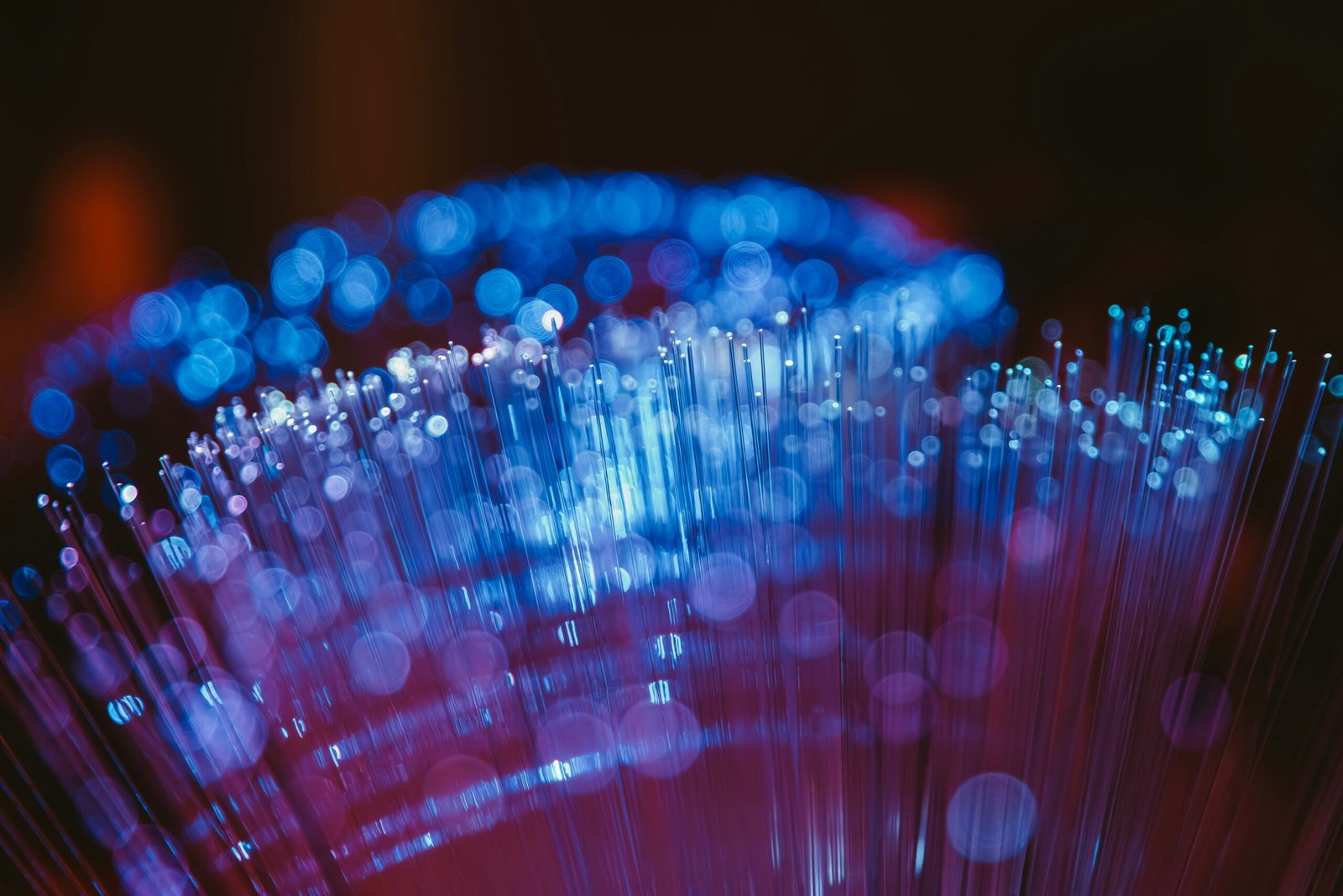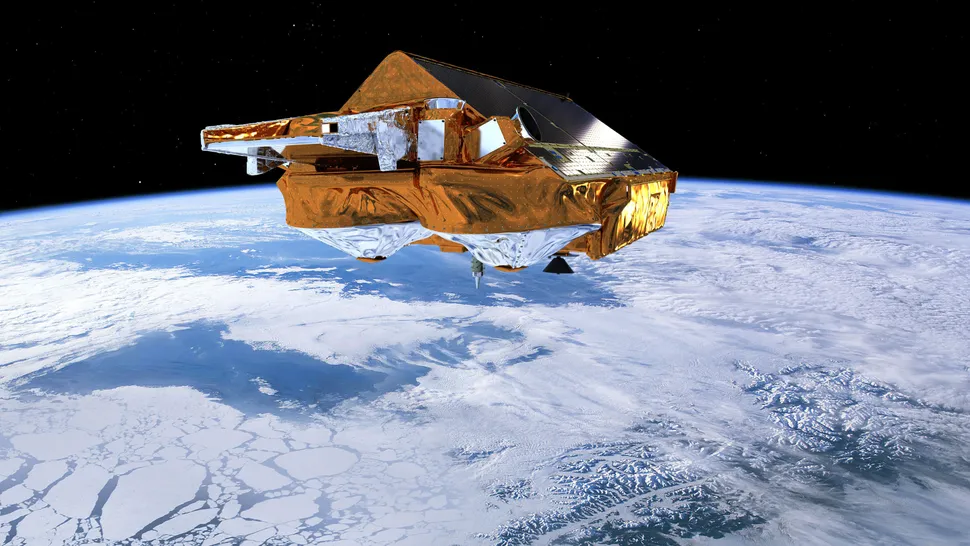A monumental shift is underway in global communication. The Quantum Internet 2025 is no longer a distant dream. Instead, it is rapidly becoming a tangible reality, spearheaded by nations like China. Beijing has activated what is arguably the world’s most extensive quantum-encrypted communication network. This unhackable infrastructure promises a new era of security, built on the fundamental laws of quantum physics. This development has profoundly impacted the global tech race. The search for “Quantum Internet 2025” alone garners over 550,000 monthly searches, reflecting intense public and geopolitical interest. As this technology matures, it sets the stage for unprecedented levels of data protection.
Quantum Internet: China’s Unhackable Backbone
China has established a formidable lead in quantum communication, boasting the world’s most extensive Quantum Communication infrastructure. This network, including the over 2,000km “Beijing-Shanghai Quantum Communication Backbone Network,” utilizes quantum key distribution (QKD). QKD allows two parties to share encryption keys with absolute security. Any attempt by an eavesdropper to intercept these keys instantly alters their quantum state. This alerts both parties immediately. This physical principle makes QKD truly “unhackable,” ensuring unparalleled data protection.
Recent advancements in June 2025 include a 300-km quantum secure direct communication (QSDC) network. This breakthrough by Chinese researchers enables direct transmission of information via quantum states over significant distances. While a full-fledged “quantum internet” for general high-speed data transmission is a long-term global goal, China’s current quantum-secured networks are actively deployed. They are used by government agencies, financial institutions, and other entities requiring the highest level of security for their communications.
The Global Race for Quantum Internet 2025 Dominance
The activation of China’s extensive quantum-secured network has ignited an intense global race. Nations worldwide recognize the strategic importance of this technology. The United States and the European Union have significantly accelerated funding and research initiatives. Organizations like DARPA in the U.S. are pushing boundaries, aiming for quantum satellite links to extend reach even further. Similarly, Europe’s EuroQCI (European Quantum Communication Infrastructure) aims to establish a secure quantum communication network across the continent. This involves leveraging both terrestrial fiber optics and advanced satellite constellations.
This global competition highlights the understanding that Quantum Encryption is the future of secure digital communication. The race is not just about technological supremacy. It’s also about national security, economic advantage, and safeguarding critical infrastructure from future cyber threats, particularly those posed by powerful quantum computers. International collaborations and rivalries continue to shape the rapid evolution of this field.
Speed and Applications of the Quantum Internet
While the promise of Quantum Internet 2025 often conjures images of super-fast data, its immediate strength lies in unbreachable security. Quantum Key Distribution (QKD) ensures that encryption keys are secure against even quantum computer attacks. Current operational QKD networks provide key rates that vary depending on distance and technology. While the theoretical potential for quantum data transmission speed is high, practical “live” quantum networks are not yet transmitting general data at 1GB/sec with zero latency. This remarkable speed is a future aspiration for a fully developed quantum internet, or pertains to classical data transmission secured by quantum keys.
The applications for quantum-secured communication are transformative. For governments, it enables truly Unhackable Network communications for military and diplomatic exchanges. In the financial sector, banks can secure transactions, preventing fraud and protecting sensitive client data. Secure voting systems could guarantee integrity against cyber tampering. Furthermore, critical infrastructure, such as power grids and transportation networks, can be protected with an unprecedented level of resilience against sophisticated attacks.
Quantum Internet vs. Hackers: A New Era of Cyber Warfare
The advent of robust quantum networks fundamentally changes the landscape of cyber security. In the emerging spy war, Quantum Encryption offers a decisive advantage. Traditional encryption methods, while strong against classical computers, are vulnerable to the immense processing power of future quantum computers. This creates a “harvest now, decrypt later” threat, where adversaries can collect encrypted data today, intending to decrypt it once quantum computers are available.
The Quantum Internet, with its unhackable key distribution, counters this threat directly. Any attempt to snoop on quantum keys is physically impossible without detection. This forces malicious actors to rethink their strategies. The spy war indeed becomes deadlier for those trying to breach secure communications. Nations that lead in quantum network deployment will possess an unparalleled advantage in protecting their most sensitive information. This technology shifts the balance of power in the ongoing global cyber arms race.
Conclusion: The Quantum Internet 2025 marks a truly pivotal moment in technological history. China’s impressive advancements in building extensive quantum-secured communication networks have set a new global benchmark. This powerful technology promises an era of unhackable communication, revolutionizing security for vital sectors like banking, military, and governance. While a full, high-speed “quantum internet” for everyday use is still evolving, the current deployment of quantum key distribution networks is already reshaping national security and accelerating the global race for quantum supremacy. This ensures a future where data integrity is protected by the very laws of physics.
For more news and updates, please visit PFM Today.















